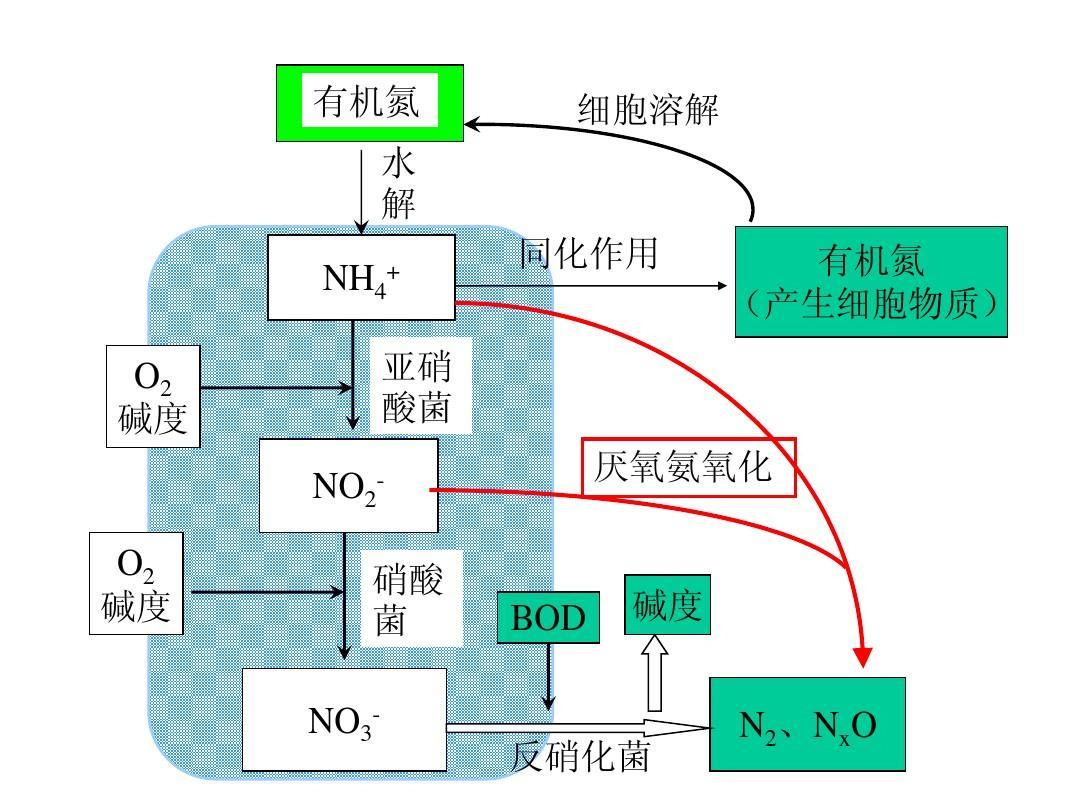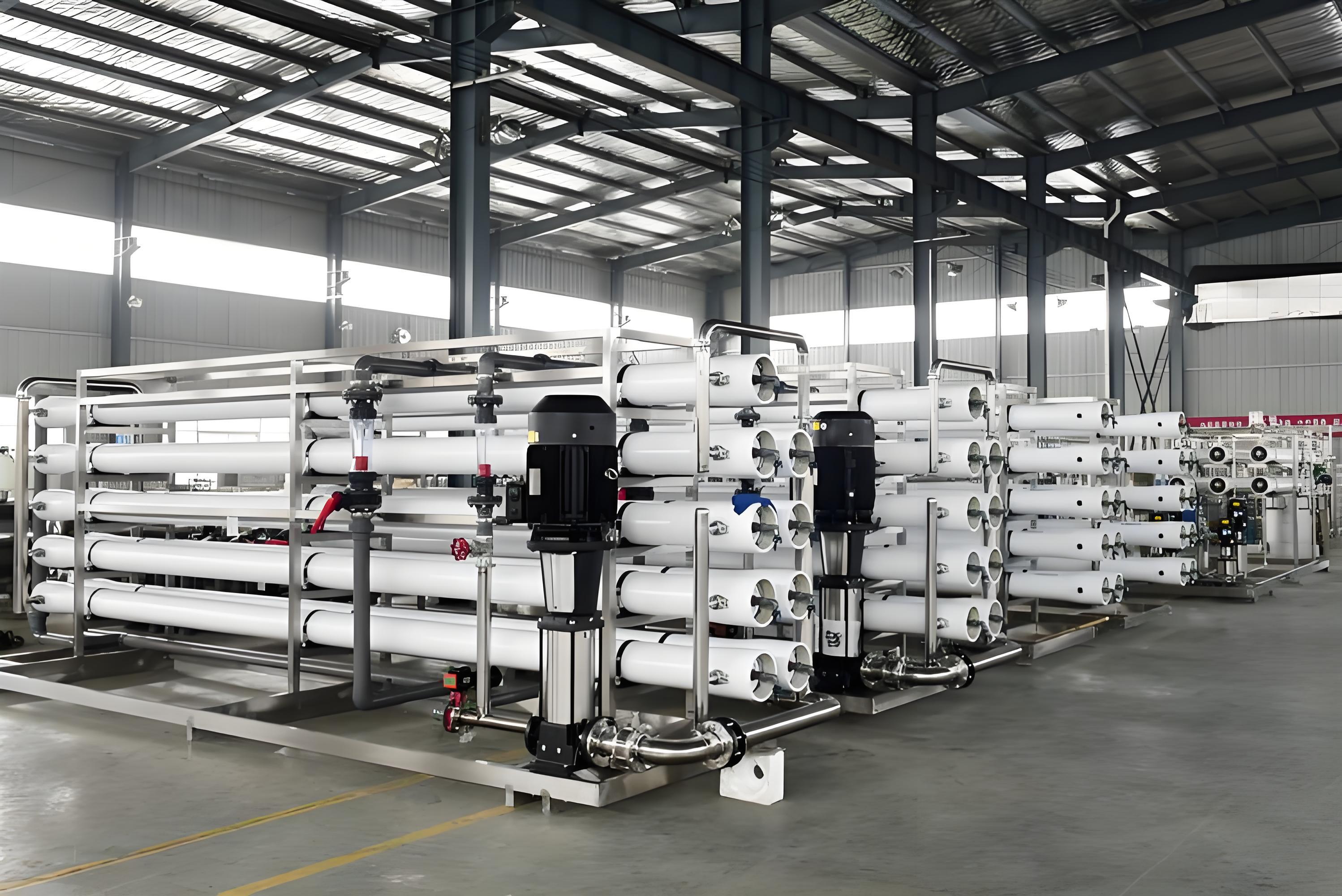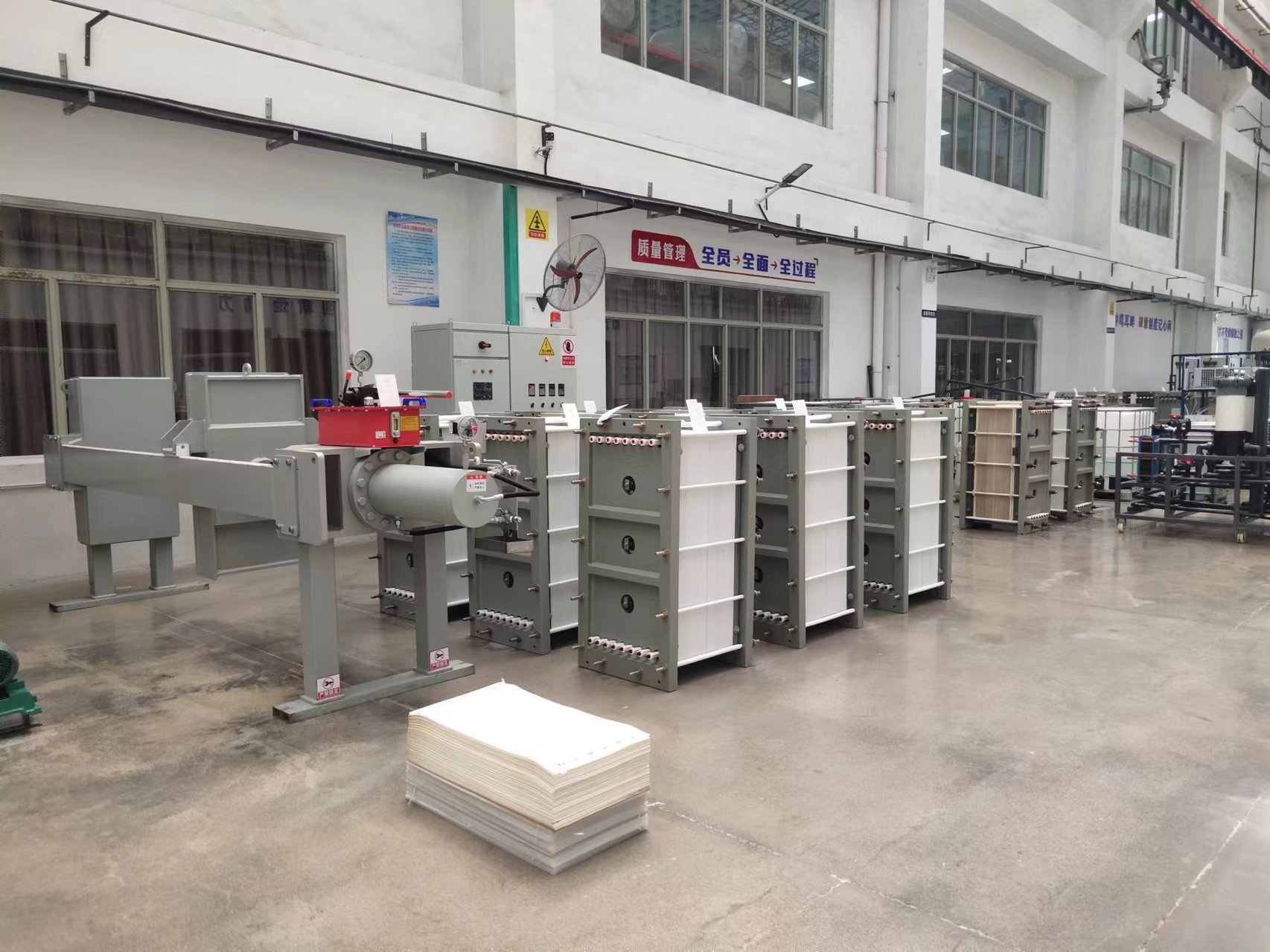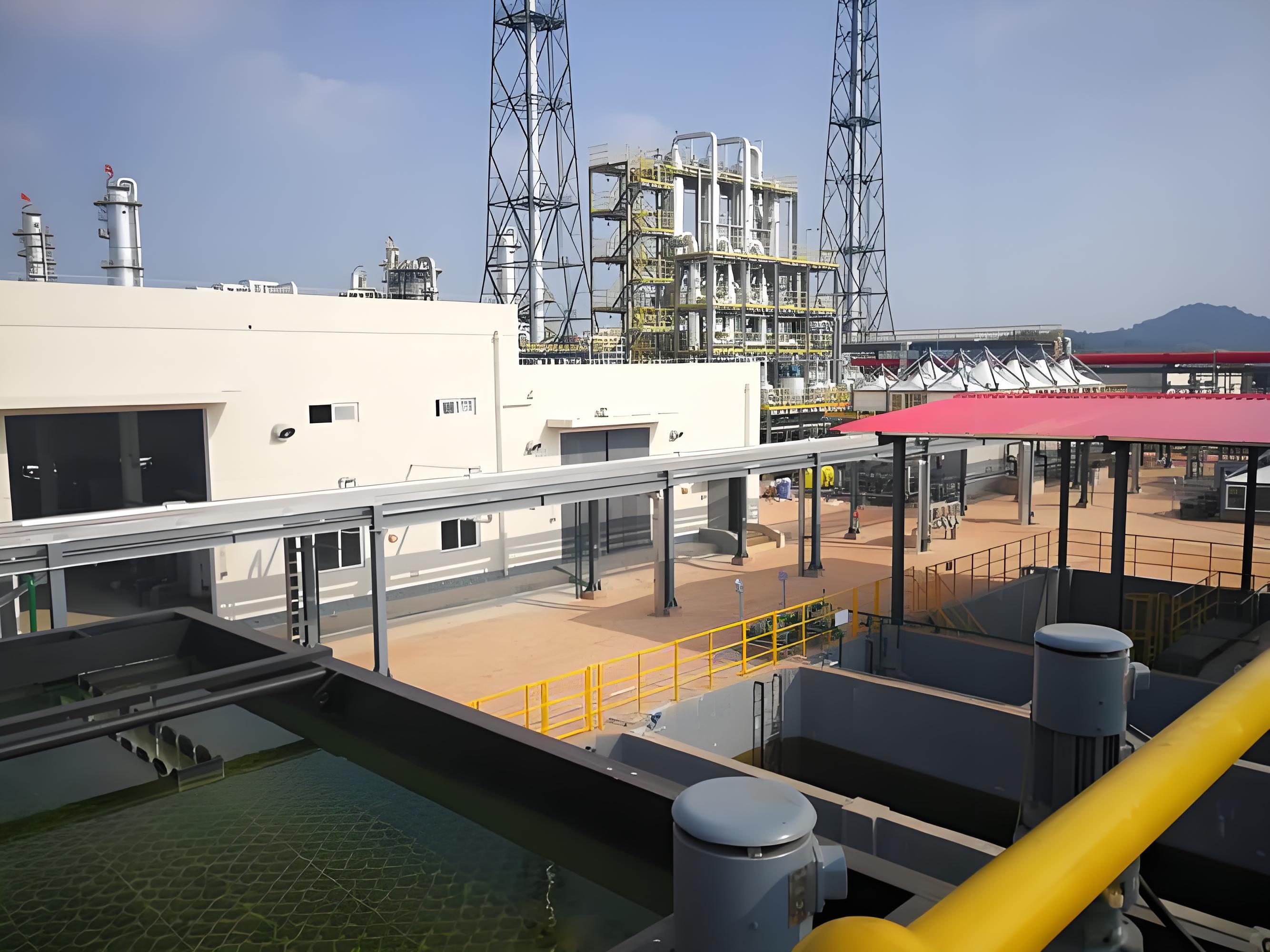06
2023
-
01
Principle and advantages of MVR evaporation process
Author:
Introduction to MVR evaporation process in wastewater treatment
MVR evaporator is an abbreviation for Mechanical Vapor Recompression in English, known as the "Mechanical Vapor Recompression" evaporator. It is a new type of high-efficiency and energy-saving evaporation equipment developed internationally in the late 1990s. The MVR evaporator uses low-temperature and low-pressure steam evaporation technology and clean energy - "electricity" - to generate steam and separate the moisture in the medium.
Simply put, MVR is an evaporation process that mainly generates high-pressure steam and converts thermal energy through secondary steam compression. In practical applications, a large amount of high-purity liquefied water is generated after evaporative cooling, in order to achieve the treatment effect of industrial wastewater. Considering that MVR evaporation process can achieve the application and conversion of thermal energy, it has the effect of energy conservation and emission reduction.
1、 The principle of MVR evaporation process in wastewater treatment
In industrial wastewater treatment, the steam engine of MVR evaporation device effectively compresses the air through the principle of mechanical compression, that is, turbocharging, to form mechanical energy and kinetic energy. In relatively closed containers, relevant devices can promote the conversion between thermal resources and electrical energy through heating and evaporation, thereby solving energy consumption, promoting the cleanliness and greening of industrial production processes, and having a positive impact on reducing industrial production costs.
In practical applications, the MVR steam equipment has increased the pressure and temperature of the secondary steam, promoted cyclic evaporation, and achieved full and effective utilization of thermal energy. The related thermal energy is not easily lost under the constraints of the device, and the evaporation process is also the formation process of liquid water. Steam heat dissipation and condensation form water resources, and relevant personnel can collect water sources at the bottom of the evaporator. Considering that during the specific evaporation process, the evaporation device is a closed system, and all steam energy can be converted into thermal energy. This not only achieves harmless treatment of industrial wastewater, but also improves energy utilization efficiency. The implementation of relevant processes is conducive to achieving the development goal of energy conservation and emission reduction in the new era.
2、 The practical application of MVR evaporation process in wastewater treatment
(1) Pre processing stage
In industrial wastewater treatment, traditional evaporation technology and treatment process require a large number of equipment and personnel to participate due to low technical requirements, making the actual effectiveness of wastewater treatment unclear. The application of MVR evaporation process in the wastewater pretreatment stage can significantly improve the treatment level of industrial wastewater. The pre-treatment stage plays an extremely important role in industrial wastewater treatment. The wastewater treatment method in this stage mainly focuses on water softening, and the method usually adopted is relatively simple.
Taking the wastewater treatment of a certain factory as an example, due to the production process, the water contains a large amount of cations and has a high hardness. Relevant personnel used a combination of mirabilite and lime to pre-treat the polluted water, thereby reducing the dirt content in the water. The specific implementation steps are as follows: Firstly, the staff adds lime milk to the pre-treated industrial wastewater. Secondly, the wastewater is fed into a centrifuge system and forms industrial water with low pollutant content through centrifugation. Finally, through the MVR steam process
Related Products
Biological nitrogen removal process of low temperature wastewater
2024-05-28
Prevention and treatment of calcium carbonate scaling in reverse osmosis operation
2024-05-22
Treatment of pyrazolone production wastewater - bipolar membrane electrodialysis process
2024-05-20
How much salt does sewage contain that can enter the biochemical system?
2024-05-17
Huanke Environmental Protection Technology
HOTLINE:
Address:Gongye 1st Street, Weicheng District, Weifang City, Shandong Province China
Contact:Zhang Gong
Phone:+86-18865361829
Email:sdhuanke@163.com


Consult
Copyright © 2023 Shandong Huanke Environmental Protection Technology Co., Ltd






